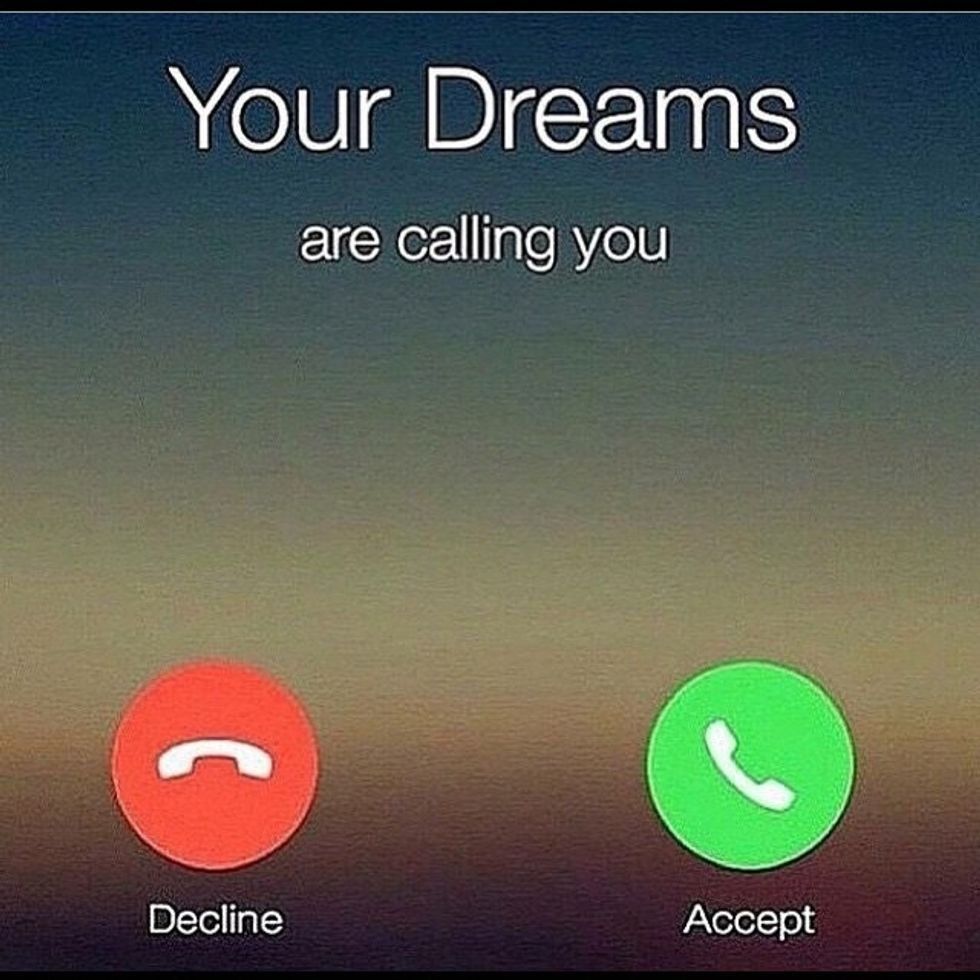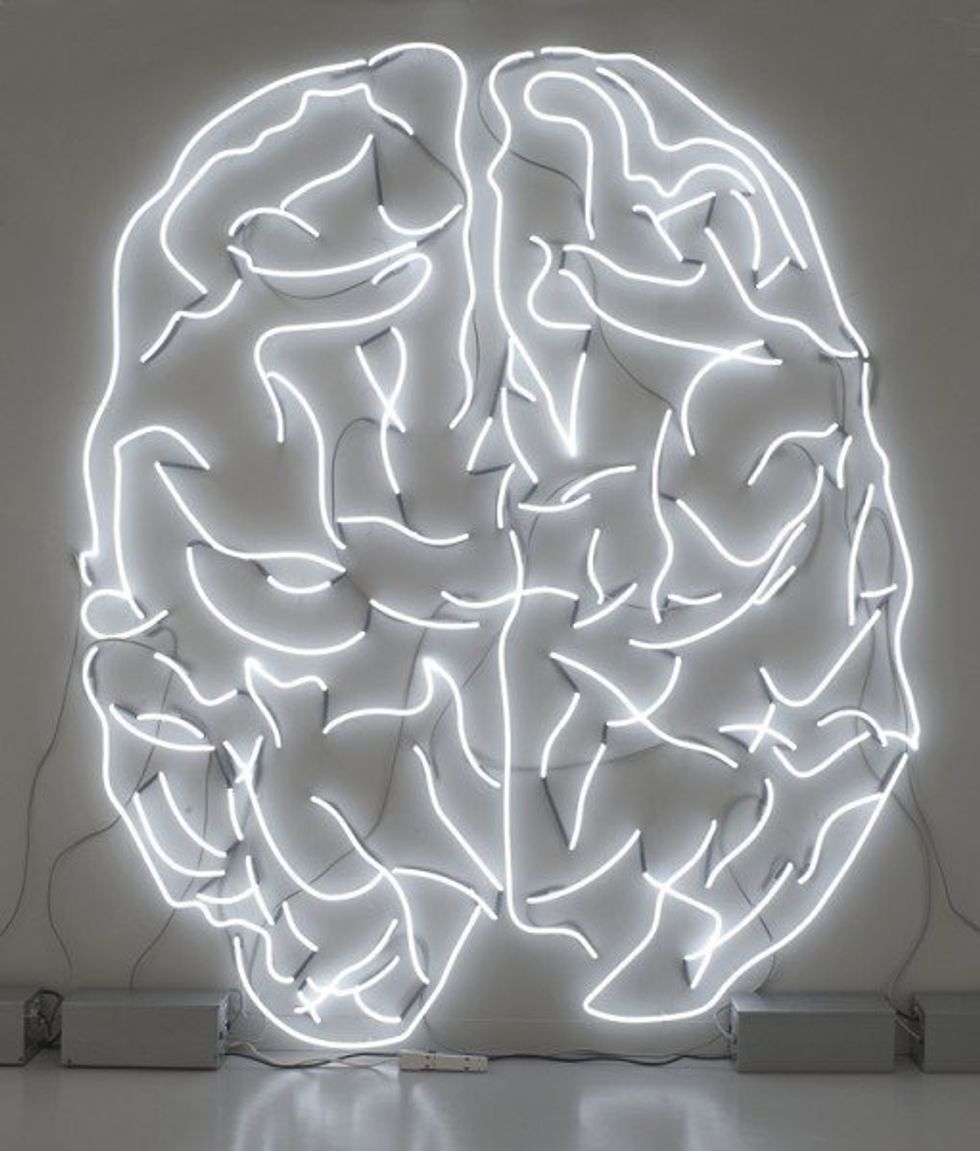Political Correctness is defined as language, policies or measures that are intended to avoid offense or disadvantage to any particular group of people in society.
Growing up, my mother often would tell me to choose my words carefully. She instilled the importance of polite language from the very beginning of my life. I was able to ask questions about words and language that I would overhear. I’d ask why it’s wrong to say certain things. When I was a young child, she would simply say that certain words hurt people’s feelings and should be avoided. As I got older, she would explain in more detail the significance of changing language and the discarding of outdated terms. I didn’t know it then, but she was teaching me about political correctness before political correctness was a hot topic.
Using “politically correct” terms is a lot like nicknames. If someone asks you to call them Bobby instead of Bob, I would assume you would call them Bobby and never call them Bob. If your dad says “Hey, is Bob coming over?”, I would hope you would say, “He sure is, just remember that he prefers to be called Bobby”.
Simple enough, right?
Some might think “what’s the difference, it’s just a word”. Unfortunately, there’s a big difference and it means more than you think.
Offending people is more than hurting feelings. It’s dehumanizing. Blatantly ignoring the preferences of groups of people is immoral and belittling.
Terms regarding groups of people vary through region and generation. If a person of Native American descent wants to be identified as American Indian, that’s what they should be identified by. If they prefer Native American, then that term should be used instead. If the Navajo Nation or other indigenous tribe organizations prefer that “tribal” costumes not be worn on Halloween, others should be understanding of this. It’d be the same if Catholic organizations asked people not to make costumes out of Popes or Nuns.
If a person who was born with female reproductive parts wants to be referred to as he/him, their wish should be respected. No matter what your beliefs and values, respect for others should always be kept in mind.
If you’re unsure what word/words you should use, the best thing to do is just ask. Ask people what they prefer and respect it.
Yes, there are instances where so-called “political correctness” is taken too far. The banning of non-violent protests in public settings is a violation of the rights of American citizens and an example of someone using political correctness for their own benefit. Someone being forced to remove religious symbols or garb to “avoid offense” is a perversion of the real intentions behind being “politically correct”.
In most cases, however, measures taken to avoid dehumanizing people are done with good intention.
Political correctness is not an attack on the first amendment. No one wants freedom of speech to be taken away from anyone. Political correctness is a course of action taken to avoid the normalization of hate speech and to enforce inclusion of all people into society.
All humans deserved to be treated with respect and dignity. As moral people, we can no longer ignore the fact that words have meaning. We must adjust our language to the changing time. Embrace the good in PC culture, so we can diminish the hate present in society today.







 Photo by
Photo by 










